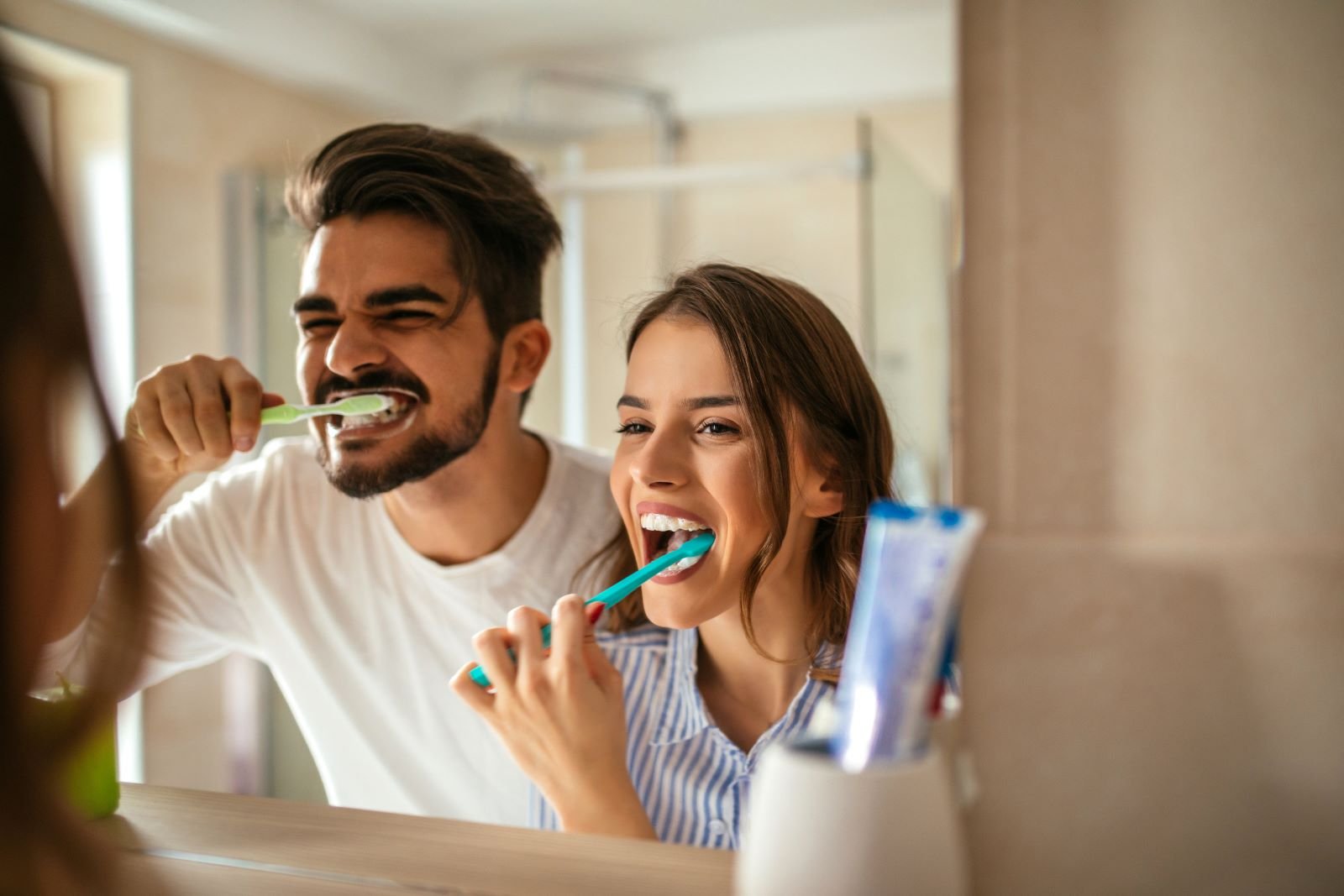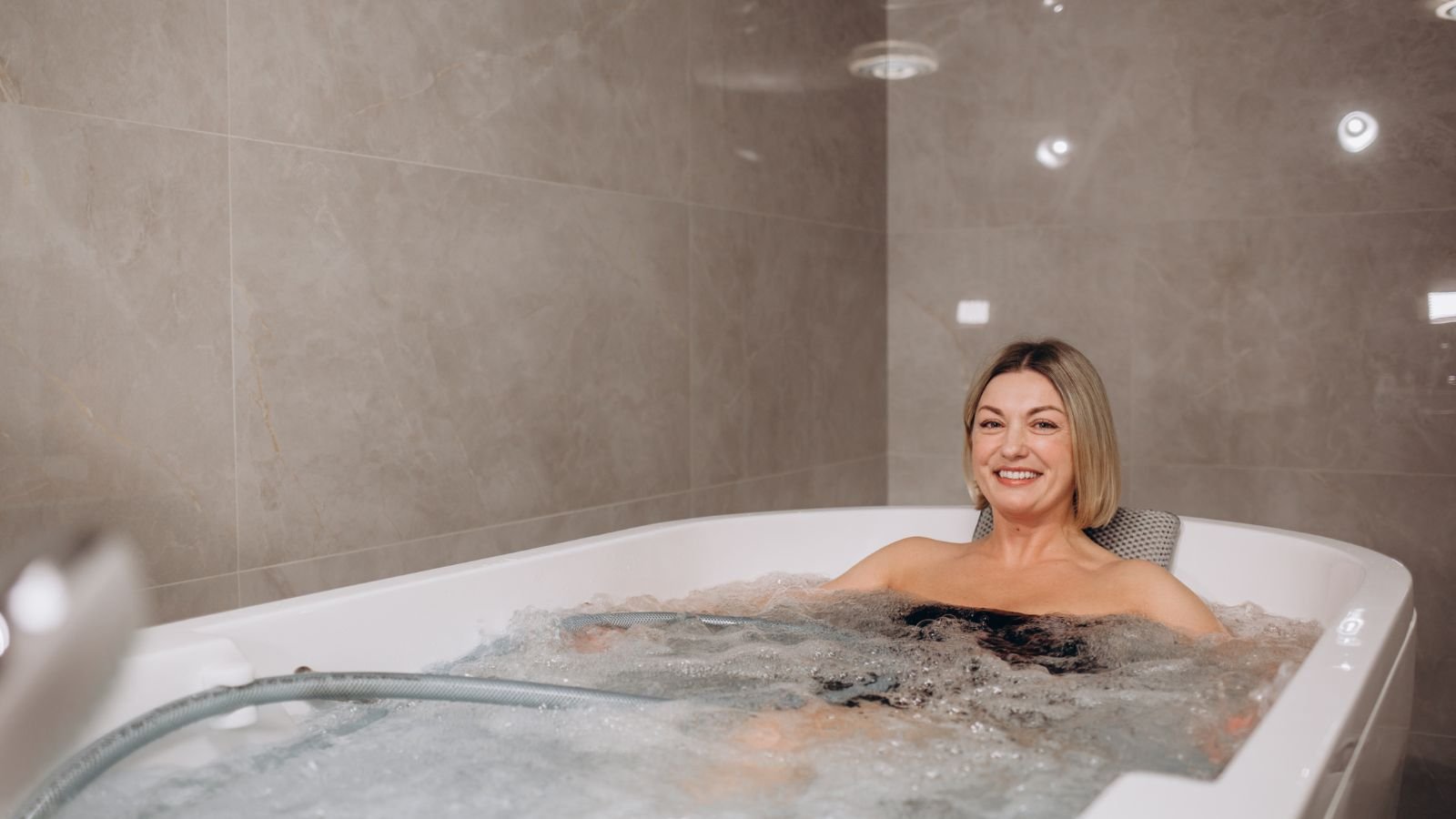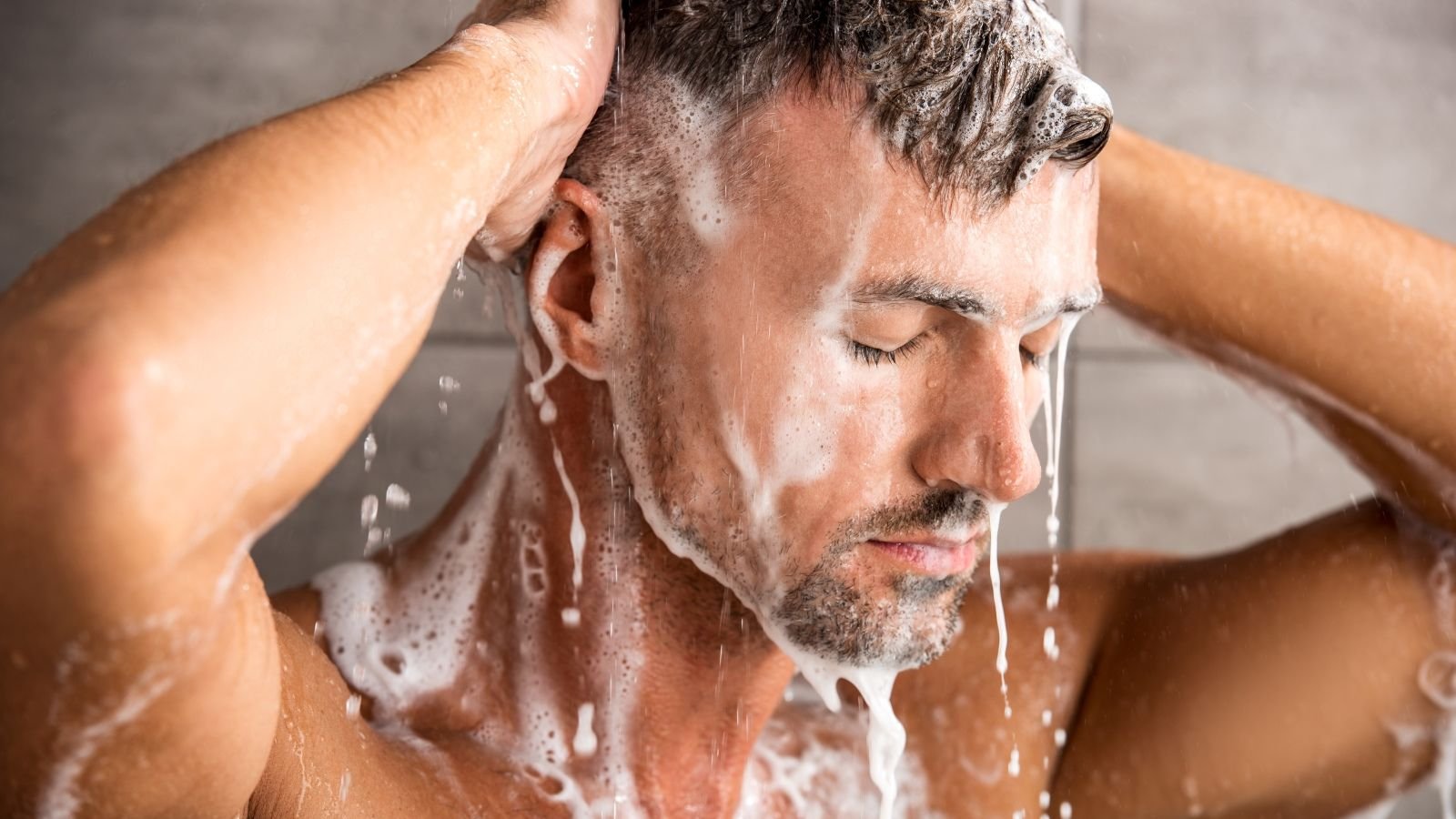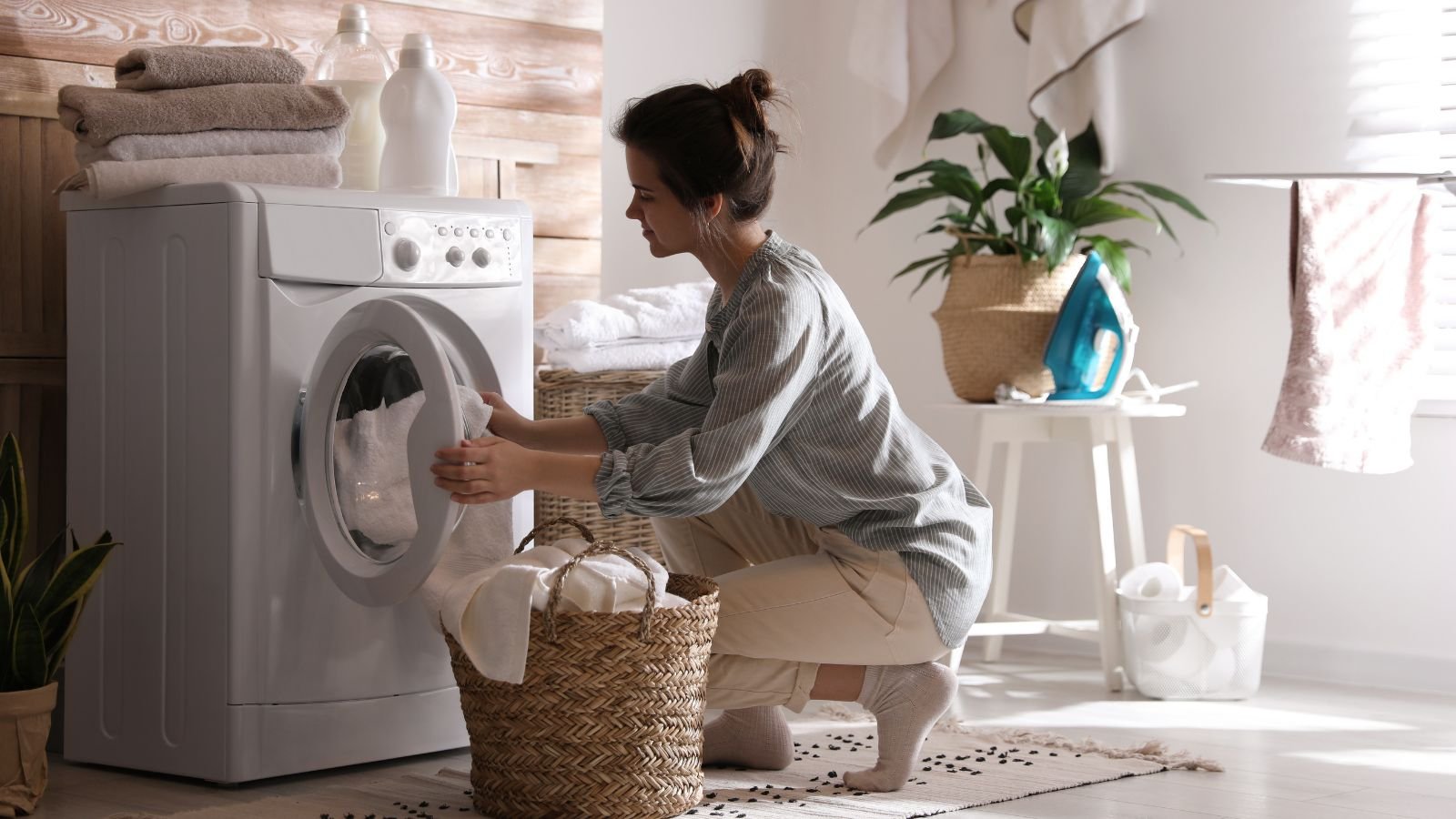A shower is an essential grooming ritual in most people’s routines. Yet, one could be unknowingly doing things that are unusual blunders. Let’s look at 14 weird, unsanitary, unhealthy, or dangerous things one shouldn’t do in a shower.
Brushing Your Teeth

According to a survey on Americans’ most intriguing shower secrets, 23.1% of Americans brush their teeth during the shower. However, dentists warn against it. They say that high temperatures in the shower can weaken the toothbrush bristles, increase the risk of cross-contamination, and cause accidental falls.
Bathing with Piping Hot Water

A warm water bath is a great way to relax muscles and increase blood flow. However, one should avoid scalding water. It can remove the barrier of natural oils from the skin, making it look dry and wrinkled. It can also damage the scalp, cause hair loss, and result in split ends.
An American Medical Association publication recommends warm-to-hot showers instead of scalding hot ones, which are bad for the skin.
Showering Too Long

Americans spend an average of 16.1 minutes in the shower, which wastes massive amounts of water and electricity. Reducing shower time saves money on utility bills and is suitable for the environment.
Short showers are good for one’s skin, too. Dermatologists say that water allows cleansers to be more damaging during long showers. Hence, people should avoid standing in the shower for minutes at a time.
Using an Old Washcloth or Loofah

These shower accessories can quickly accumulate dead skin and germs from your body. They can also attract mold and mildew. If one doesn’t wash and dry them after every use, they can cause infections. One must replace old washcloths or loofahs once a month with new ones.
Blowing Nose and Hocking a Loogie

A steamy shower can loosen up and clear a blocked nose and throat. The problem arises when one blows up their nose or spits in the shower forcibly. It is even worse when one doesn’t clean up the mess. Imagine the disgust the next person using the shower will feel.
Peeing

Experts say urine isn’t sterile and can cause urinary tract infections. It can even cause infection to open cuts. Moreover, one may start associating running shower water with urinary urgency, which can lead to poor bladder habits. People who use the bathroom on a sharing basis may find others peeing in the shower gross and unhygienic.
Eating and Drinking

Some people are fond of adding food to the equation while showering. Actress and producer Jessica Biel revealed in a TikTok video that she likes taking a bite or sipping in the shower.
However, experts believe that there is a potential for fecal contamination in food and microbial transfer from hair and surfaces. This prolongs shower time, leading to a waste of water and energy. Further, food spills can make the floor slippery and increase the risk of falls. The human body’s natural digestive process may also take a hit, causing gut disorders.
Using Smartphone and Media

Americans reported watching television and listening to audiobooks in the shower. 9% of Americans use a smartphone while showering. While streaming Netflix or browsing social media for shower entertainment is tempting, one might want to quit this habit.
This kind of passive screen time is akin to ‘vegging out’. It might also indicate a coping mechanism to deal with loneliness. Moreover, a shower space is the worst place for electronics. The heat and moisture can adversely impact the longevity and functionality of gadgets.
Cleaning and Washing

20% of Americans clean the shower and wash clothes as they use it. While this is an excellent example of multitasking or killing two birds with one stone, it is not advisable.
Wet surfaces can cause slip-and-fall accidents. Toxic ingredients and odors from cleaning supplies can be potentially harmful if one is not wearing appropriate safety gear. Let cleaning and laundry be separate activities from showering.
Covering Minor Cuts

Minor cuts, scrapes, or wounds need not be covered while showering. After drying off, a new bandage can be applied. However, consult a doctor to clarify any doubts, especially if the wound has sutures or staples or oozes blood or pus.
Showering with a Pet

Surprisingly, 15% of Americans shower with their pets. This is quite dangerous, as pets can transfer harmful bacteria from their mouth or skin to humans. Moreover, pets and humans have different pH levels. If one doesn’t maintain separate products for oneself and furry friends, there is a high chance of skin irritation for both companions.
Leaving the Drain Clogged

No one wants to get their hands dirty cleaning a drain immediately after showering. However, the good shower etiquette requires unclogging the drain from hair, soap scum, and other nasty residues.
Not Switching on the Exhaust Fan

In the absence of an exhaust fan, tiles, walls, and ceilings can gather mold and mildew from moisture. A poorly ventilated shower space can trap bad odors and deteriorate indoor air quality. Turn on the bathroom fan before entering the shower to eliminate moisture, foul smells, and other pollutants.
Bathing During Thunderstorm

The United States witnesses 100,000 thunderstorms every year, 10% of them severe. Taking a shower during a thunderstorm is a life hazard. The CDC states that lightning can be transmitted through plumbing. Hence, people should avoid all water activities, such as bathing, dishwashing, hand washing, etc., to stay safe.
